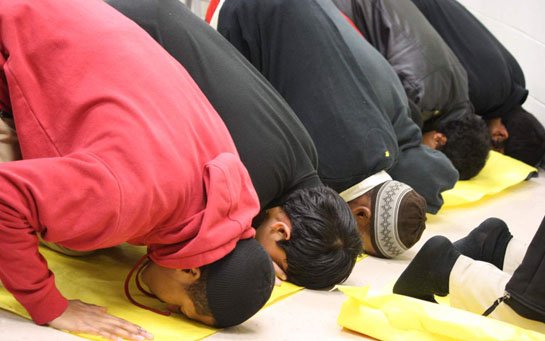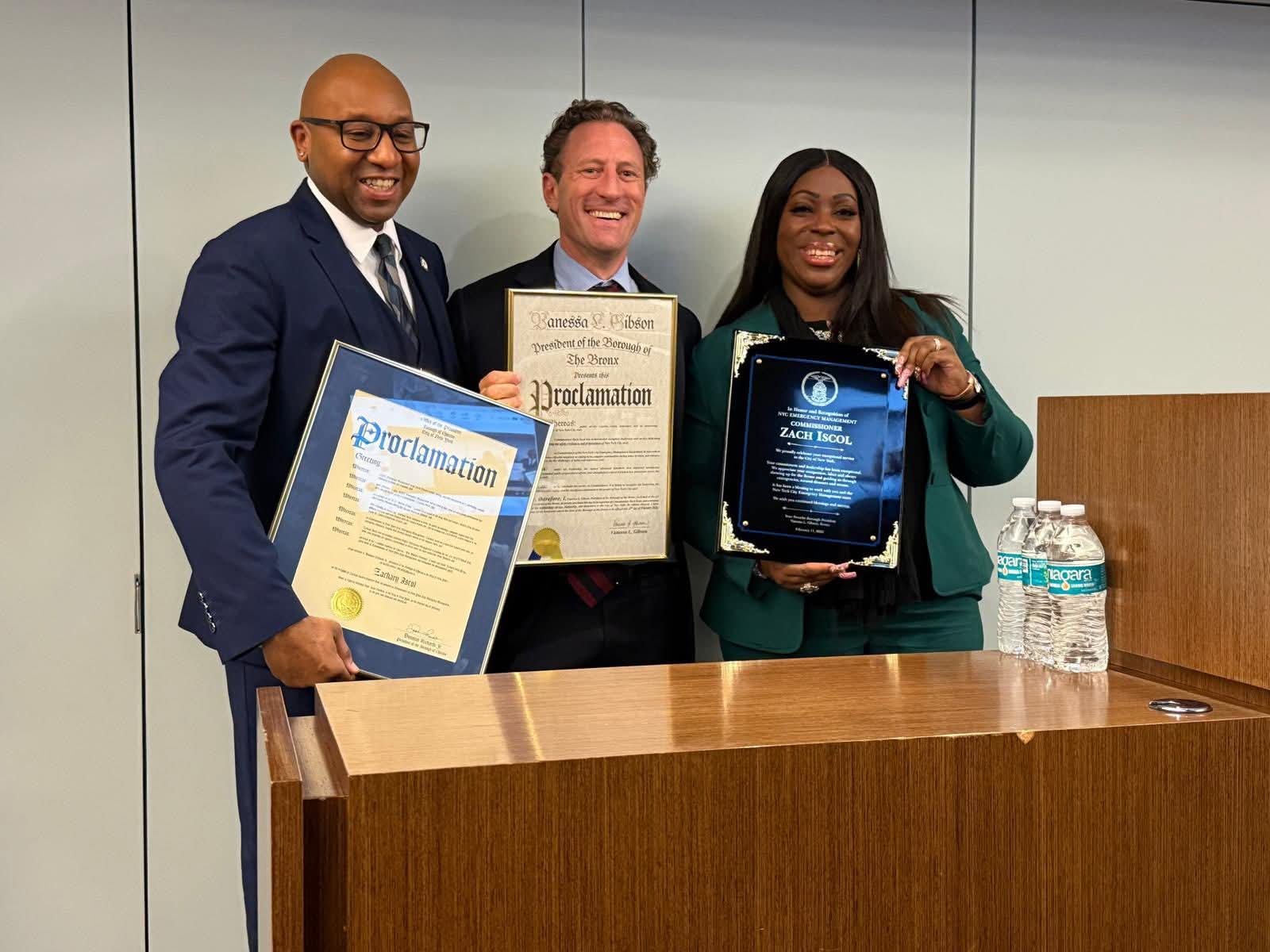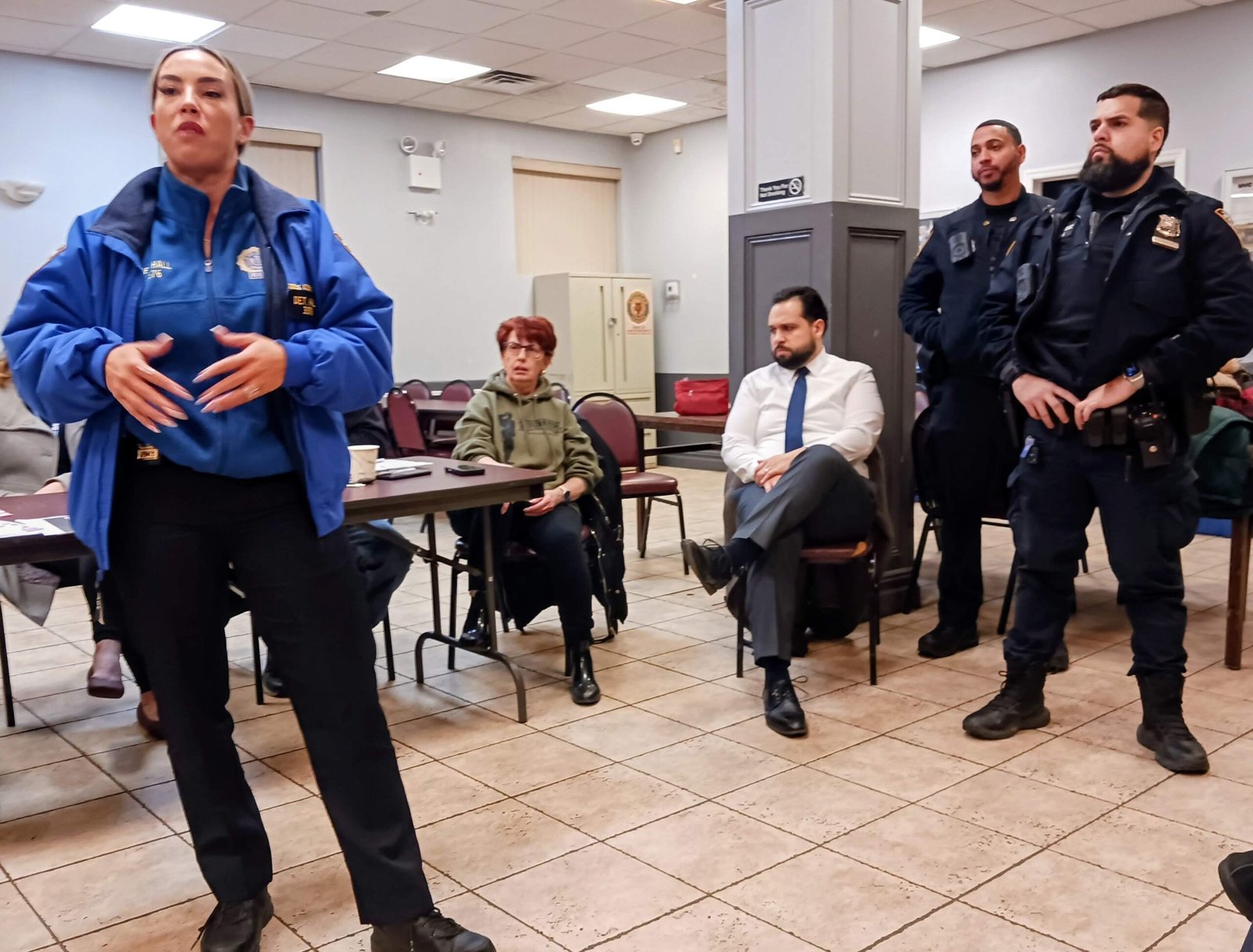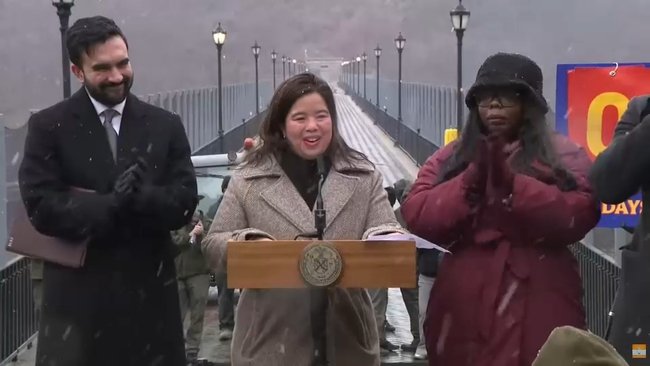
U.S President Donald Trump on Wednesday signed a proclamation reinstating and expanding the U.S. travel ban, barring citizens from 12 countries from entering the United States, citing the need to “protect against foreign terrorists” and other security threats.
“We will not allow people to enter our country who wish to do us harm,” Trump said in a video posted on X. “We cannot have open migration from any country where we cannot safely and reliably vet and screen those who seek to enter the United States.”
The latest directive, effective June 9, 2025 at 12:01 a.m. EDT, prohibits entry for citizens of Afghanistan, Myanmar, Chad, Congo, Equatorial Guinea, Eritrea, Haiti, Iran, Libya, Somalia, Sudan, and Yemen. Entry from another seven nations — Burundi, Cuba, Laos, Sierra Leone, Togo, Turkmenistan, and Venezuela — will face partial restrictions.
Trump defended the move by citing a recent incident in Boulder, Colorado, where a man threw a gasoline bomb into a crowd of pro-Israel demonstrators. Federal officials later identified the suspect, Mohamed Sabry Soliman, as an Egyptian national who had overstayed his visa and held an expired work permit. Egypt, notably, is not included in the list of affected countries.
The ban is part of a broader immigration crackdown in Trump’s second term, which has already included mass deportations of Venezuelans suspected of gang affiliations, attempts to block enrollments of foreign students, and controversial efforts to deport activists.
Trump emphasized that the countries under the most severe restrictions “harbor a large-scale presence of terrorists,” fail to cooperate on visa security, lack reliable identity verification processes, and exhibit high rates of visa overstays.
The African Union Commission responded with concern, warning that the move could harm educational exchanges, commercial engagement, and diplomatic ties.
“The African Union Commission respectfully calls upon the U.S. administration to consider adopting a more consultative approach and to engage in constructive dialogue with the countries concerned,” it said in a statement.
Some governments affected have already begun responding.
“Somalia values its longstanding relationship with thel United States and stands ready to engage in dialogue to address the concerns raised,” said Dahir Hassan Abdi, the Somali ambassador to the United States.
In stark contrast, Venezuelan Interior Minister Diosdado Cabello condemned the decision, calling the U.S. government “fascist.”
“The truth is being in the United States is a big risk for anybody, not just for Venezuelans… They persecute our countrymen, our people for no reason,” Cabello said.
Meanwhile, the ban casts uncertainty over individuals like a 31-year-old teacher from Myanmar who had been accepted into a U.S. State Department exchange program.
“It is not easy to apply nor get accepted as we needed several recommendation letters,” she said from Thailand, where she currently resides. “In my case, I would get to work at universities that provide digital education.” She has yet to receive an update on her application status following the ban.
The proclamation follows Trump’s January 20 executive order mandating intensified security vetting for foreign nationals. It also echoes the controversial 2017 travel ban on several Muslim-majority countries, which was ultimately upheld by the Supreme Court before being repealed by President Joe Biden in 2021. Biden had called the original ban “a stain on our national conscience.”
As Trump continues to campaign on a “tough border” platform ahead of the 2026 midterm elections, the impact of this renewed travel ban — both globally and domestically — is expected to remain a flashpoint in U.S. foreign policy and civil rights discourse.








